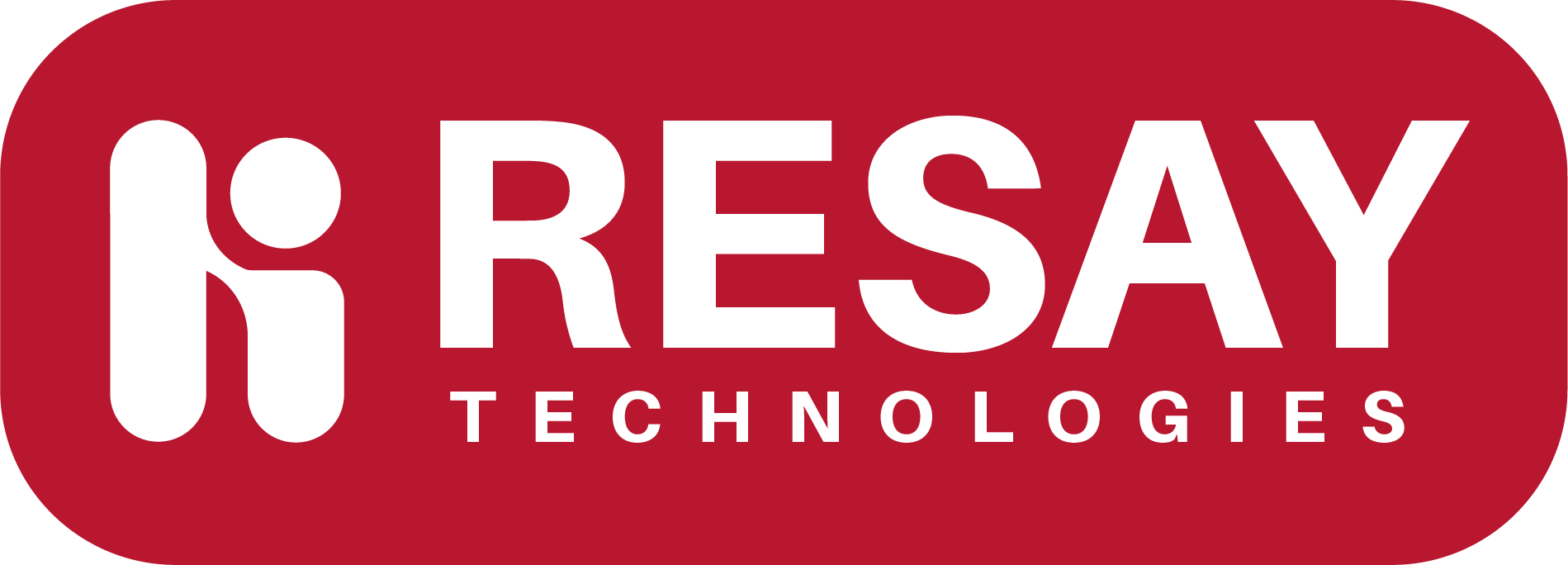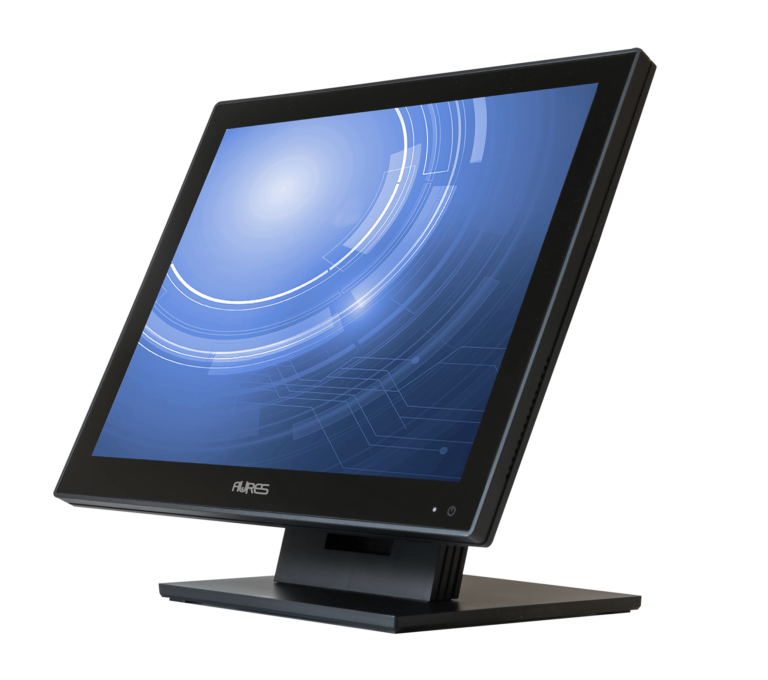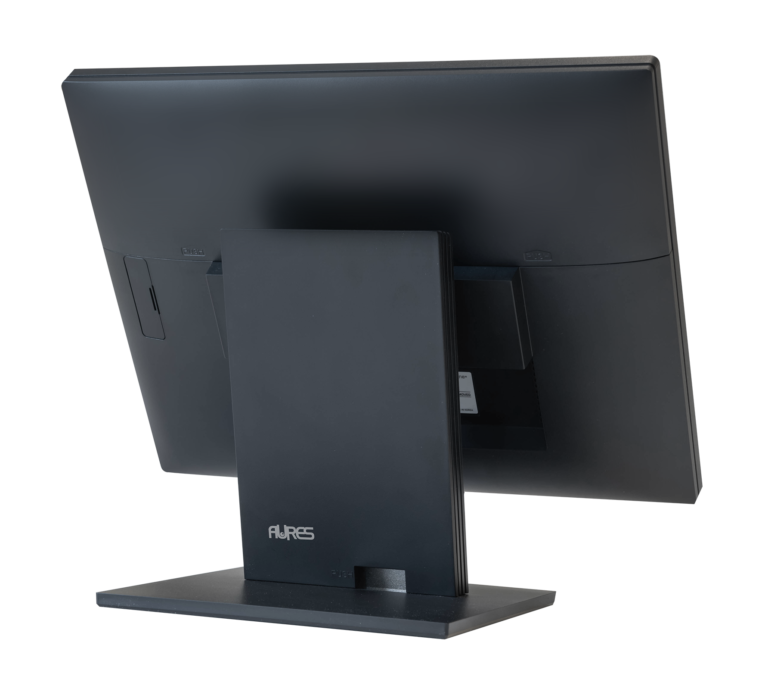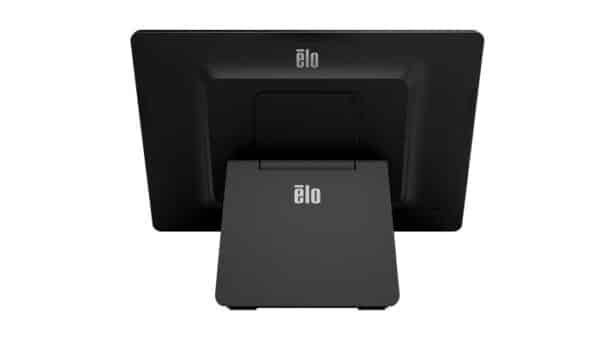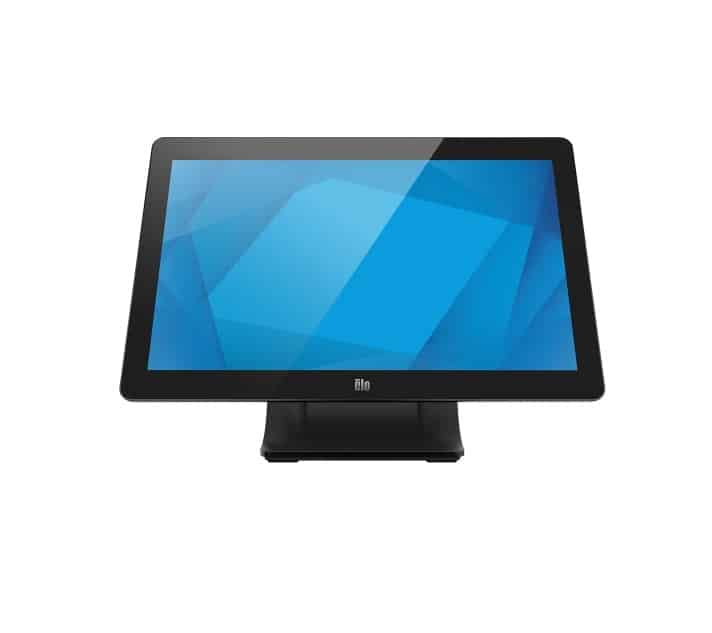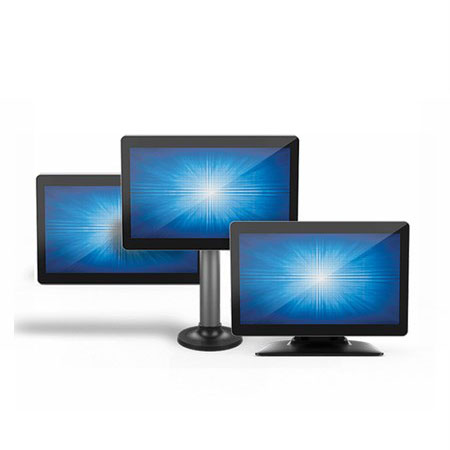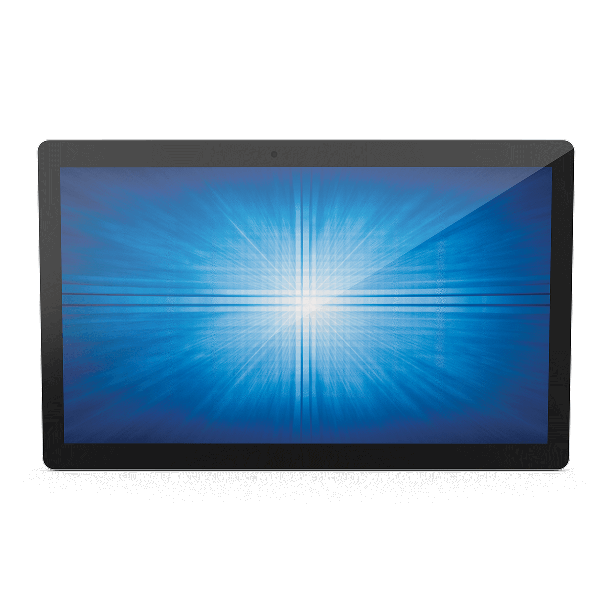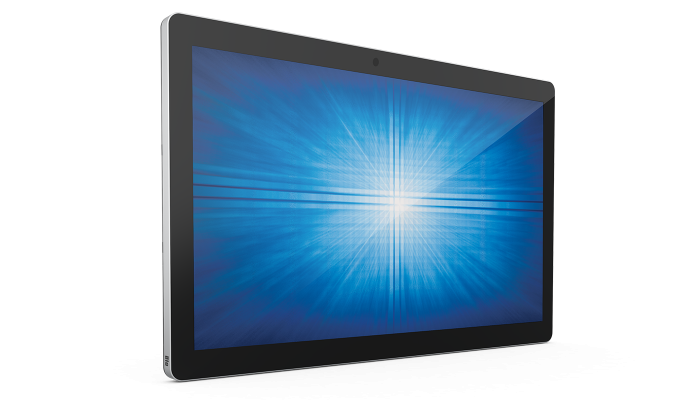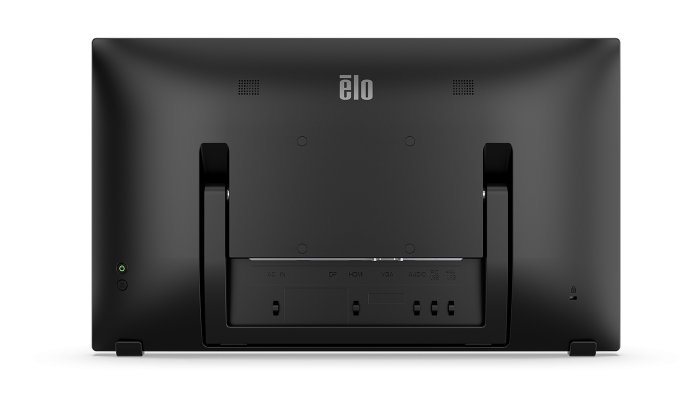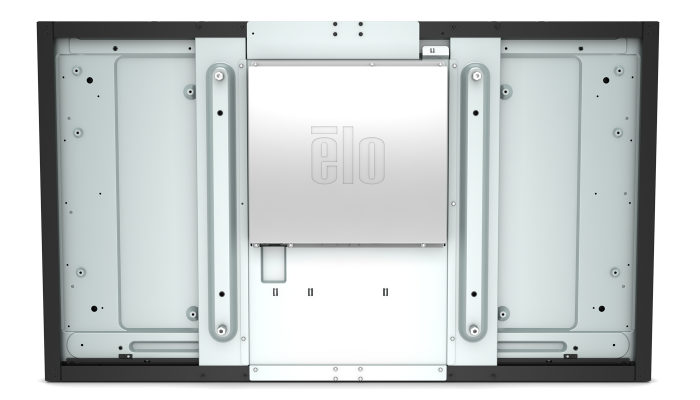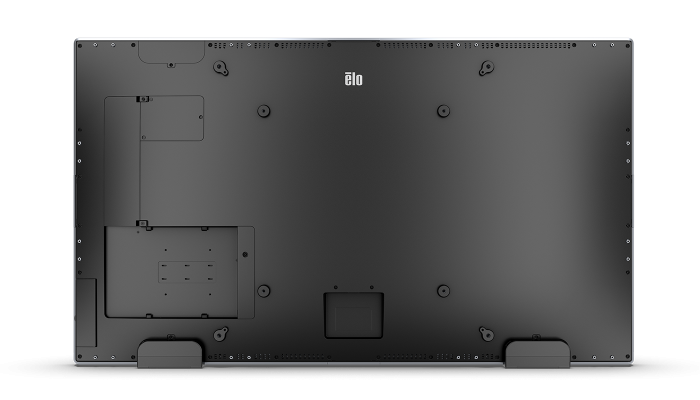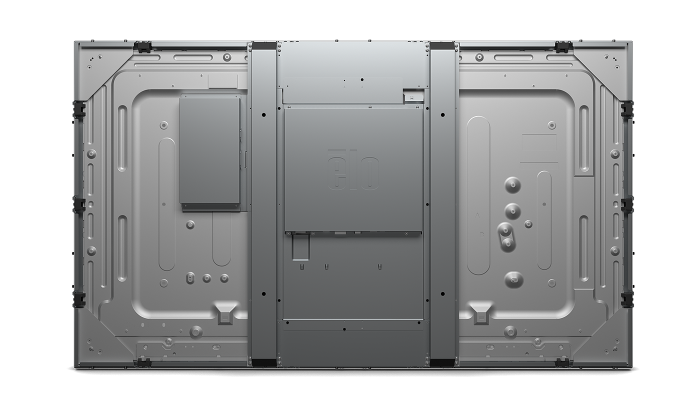EPOS, which stands for Electronic Point of Sale, refers to a system that facilitates the electronic processing of transactions at the point of sale in various business environments. It is a sophisticated and integrated solution that combines hardware and software to streamline the sales process and enhance overall business efficiency. Here’s a comprehensive description of EPOS:
**Hardware Components:**
1. **Point of Sale Terminal:** EPOS systems typically include a dedicated terminal with a touchscreen interface, barcode scanner, and card reader. This terminal serves as the central hub for transaction processing.
2. **Receipt Printer:** EPOS systems are equipped with a receipt printer to generate customer receipts promptly.
3. **Cash Drawer:** An integrated cash drawer provides secure storage for cash transactions, ensuring accuracy and accountability.
4. **Card Reader/POS Terminal:** EPOS systems often come with a card reader to facilitate electronic payment methods, such as credit and debit cards.
**Software Features:**
1. **Sales Processing:** EPOS systems streamline the sales process by allowing quick and accurate item scanning, automatic price calculations, and efficient order processing.
2. **Inventory Management:** Businesses can track and manage inventory in real-time, reducing the risk of stockouts or overstock situations. Automated alerts can be set up for low-stock items.
3. **Customer Relationship Management (CRM):** EPOS systems may include CRM features to capture customer information, track purchase history, and facilitate targeted marketing campaigns.
4. **Reporting and Analytics:** Robust reporting tools provide insights into sales performance, popular products, and other key metrics. This data helps businesses make informed decisions and optimize their operations.
5. **Employee Management:** EPOS systems often have features for employee management, including user-specific access levels, time tracking, and performance analytics.
6. **Integration Capabilities:** EPOS systems can integrate with other business solutions, such as accounting software, e-commerce platforms, and ERP systems, ensuring a seamless flow of information across the organization.
7. **Security:** EPOS systems prioritize data security with encryption protocols, user authentication, and secure payment processing, safeguarding sensitive customer and business information.
